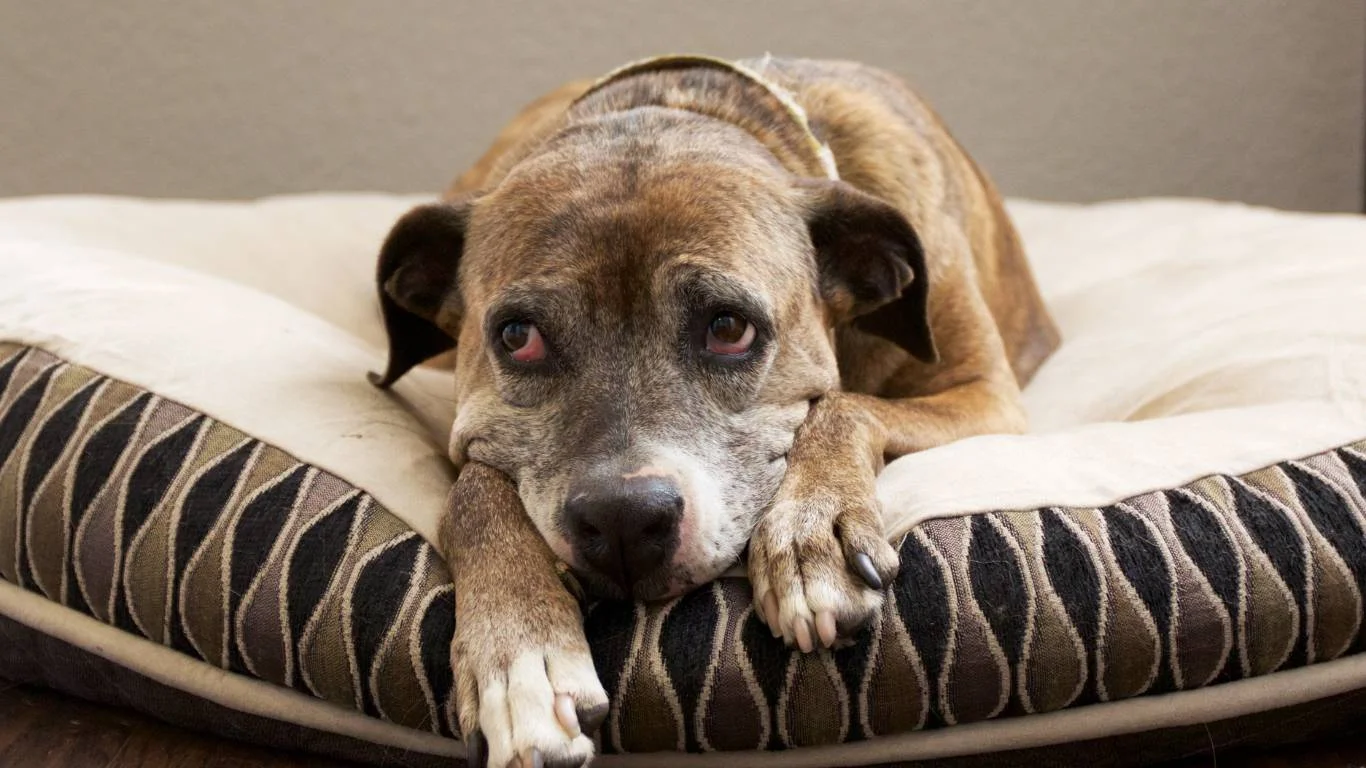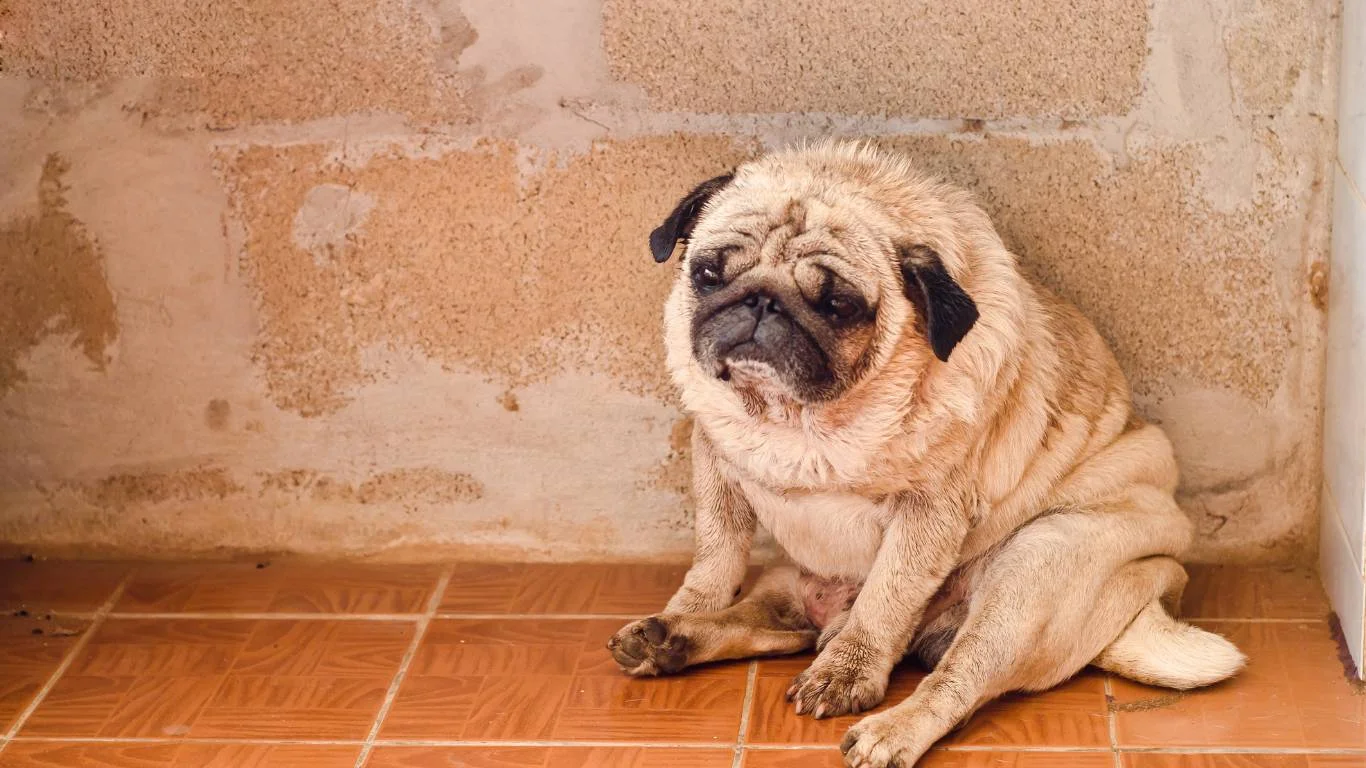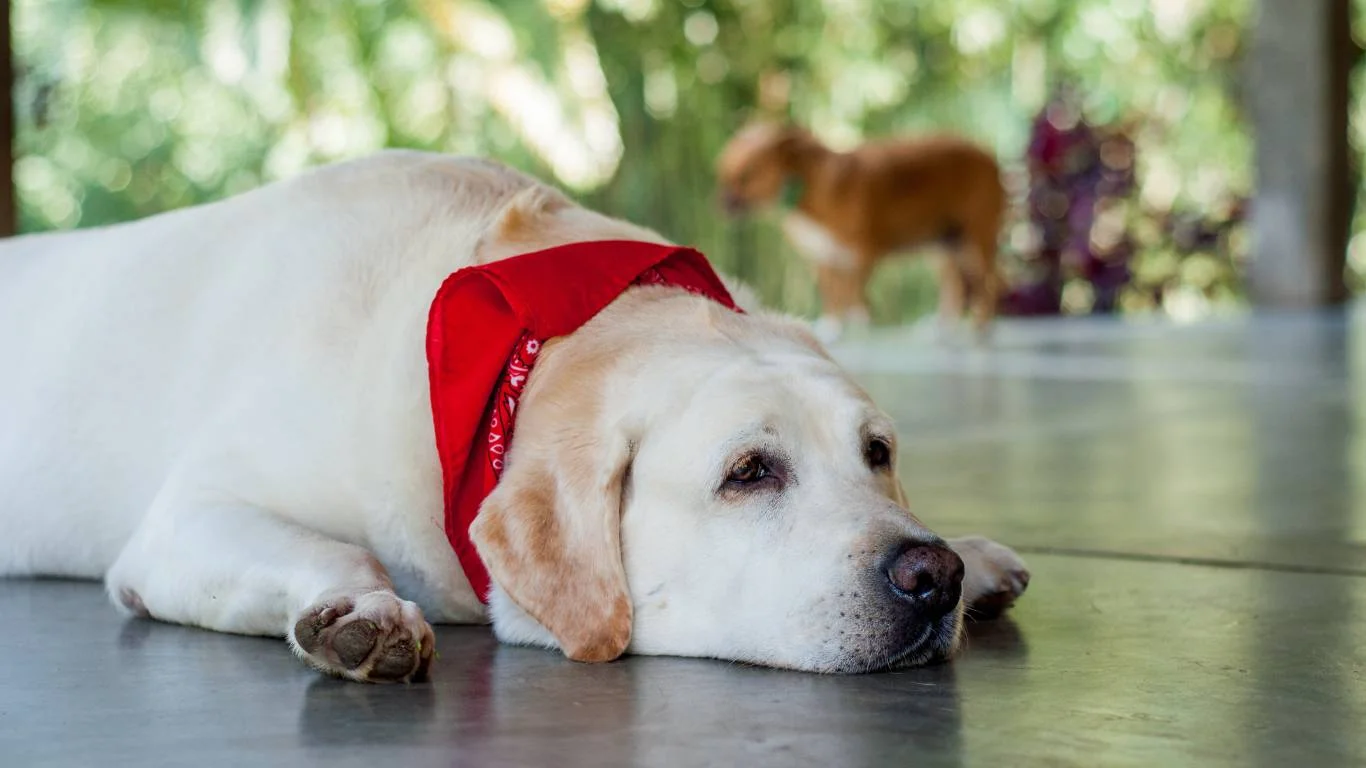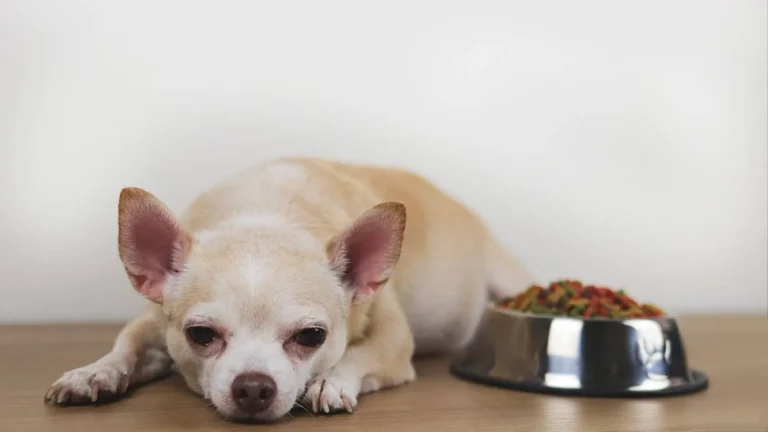Can Dogs Get Indigestion Like Humans? Expert Tips to Help Your Pup Fast
Can dogs get indigestion like humans? It’s a question I get asked a lot in the clinic, and honestly, it’s not surprising. As a Veterinary Assistant with a focus on nutrition, I’ve seen more than a few pups come in looking absolutely miserable after a questionable snack (or five). Whether it’s from gobbling down leftovers, sneaking into the trash, or just having a sensitive stomach, yes—dogs *can* experience indigestion, and it’s more common than many pet parents realize. But here’s the kicker: doggie indigestion doesn’t always look the same as it does in us. So let’s talk symptoms, causes, and what you can do if your furry best friend is dealing with tummy trouble.
What Indigestion Looks Like in Dogs

Understanding the Signs
Unlike humans, dogs can’t exactly say, “Hey, my stomach’s acting up.” Instead, they show us in their own quirky (and sometimes gross) ways. From my hands-on experience, these are the top signs that usually raise red flags:
- Excessive gas or burping – Yep, some dogs can rival humans in this department!
- Loss of appetite – A usually food-obsessed pup turning their nose up? Something’s off.
- Lethargy – Not just laziness, but a sudden lack of energy paired with other symptoms.
- Vomiting or regurgitation – Especially shortly after eating.
- Stomach gurgling – If you’ve ever heard your dog’s belly rumble like thunder, that’s a sign.
- Eating grass – Dogs often do this instinctively to soothe their stomachs (though it’s not a cure-all).
Now, one or two of these symptoms might not be a huge deal on their own, but when they start stacking up, it’s time to pay attention. I always remind pet parents: you know your dog best. If something feels off, trust that gut instinct—pun intended.
Common Causes of Indigestion in Dogs

Food-Related Triggers
Hands down, the most frequent culprit behind canine indigestion is food—either what they eat or *how* they eat it. I’ve lost count of how many times I’ve seen a bloated pup post-dinner because they inhaled their kibble like it was going out of style.
- Eating too fast – This is a big one. Dogs who gulp down food often swallow air too, which leads to gas and upset.
- New food introductions – Switching foods too quickly can wreak havoc on your dog’s digestive system. Always transition gradually over 7–10 days.
- High-fat treats or table scraps – Rich, greasy food isn’t just unhealthy—it’s a one-way ticket to upset tummy town.
- Food intolerances or allergies – Some dogs are sensitive to ingredients like chicken, beef, dairy, or grains.
Personally, I once had a patient—a lovable Frenchie named Bella—who would get bloated and nauseous every time she had anything with dairy. Her owner had no clue cheese was the issue until we started a food journal and noticed the pattern. Once dairy was out, Bella was a brand new dog!
Other Factors to Watch
Food aside, there are a few other things that can set your dog’s stomach off:
- Stress or anxiety – Just like us, dogs can get stomach aches when they’re stressed out. New environments, separation anxiety, or loud noises can all contribute.
- Medications or supplements – Some meds can irritate the stomach lining, especially if given on an empty stomach.
- Underlying medical issues – Chronic indigestion could be a sign of something more serious like pancreatitis, gastritis, or even organ dysfunction. This is where a vet visit becomes crucial.
It’s worth noting that while indigestion might seem minor at first, it can spiral into bigger problems if left unchecked. One time, a regular client of mine brought in their Labrador who had been off his food for a few days and seemed “a little off.” Turns out he had a mild case of gastritis, and with some supportive care and dietary tweaks, he bounced back quickly. But had they waited much longer? It could’ve turned ugly.
Is It Really Indigestion, Though?

Ruling Out Other Conditions
Just because your pup has an upset stomach doesn’t *always* mean it’s indigestion. That’s why it’s so important not to self-diagnose. Trust me, I’ve had cases where a dog came in for what the owner thought was indigestion, but it ended up being a partial blockage from a swallowed toy. Yikes.
Some conditions to keep in mind:
- Gastroenteritis – Inflammation of the GI tract, often from bacteria, viruses, or something they ate.
- Bloat (Gastric Dilatation-Volvulus) – A life-threatening emergency where the stomach twists. Immediate vet attention required.
- Parasites – Worms or protozoa can definitely mess with digestion.
Bottom line? When in doubt, call your vet. It’s always better to be safe, especially when your fur baby’s health is on the line.
Helping Your Dog Feel Better: Practical At-Home Tips

Simple Ways to Soothe a Dog’s Upset Stomach
If you’re wondering, can dogs get indigestion like humans? — by now you know the answer is a big yes. And just like us, a little TLC and the right support can go a long way in helping them feel better. Over the years, I’ve picked up a few tried-and-true tips from both vet teams and fellow pet parents. Here are some gentle, vet-approved ways to help your dog through mild digestive discomfort at home:
- Fasting (for 12–24 hours) – Giving the gut a break is often the first step. Skipping a meal (or two) can help calm things down, but never fast puppies or senior dogs without checking with your vet first.
- Offer bland food – Think boiled chicken and plain white rice. It’s easy on the stomach and helps reset digestion.
- Hydration is key – Offer fresh water often. If your dog isn’t drinking, try ice cubes or a little low-sodium bone broth.
- Feed smaller meals more often – Once they’re ready to eat again, start with small portions spread throughout the day.
- Use a slow feeder bowl – If your dog eats like it’s a race, slow feeders can make a big difference in preventing future indigestion.
I remember helping a senior Beagle named Max who had chronic indigestion. His turning point? A combination of smaller, frequent meals and switching to a sensitive-stomach formula recommended by the vet. Within weeks, Max was back to his tail-wagging self.
Preventing Future Digestive Issues in Dogs

Prevention is Better Than Cure
Once your pup’s tummy is back on track, you’ll want to do what you can to keep it that way. Prevention isn’t just about what goes in the food bowl—it’s about creating habits that support a healthy digestive system.
- Stick to a consistent diet – Avoid unnecessary food changes unless your vet advises it. Dogs thrive on routine, especially when it comes to digestion.
- Keep an eye on the trash – You’d be surprised how many cases of “indigestion” start with dumpster diving or sneaking food off the counter.
- Be mindful with treats – Limit rich or fatty snacks, and read ingredient labels. The simpler, the better.
- Incorporate probiotics – Ask your vet if a daily probiotic is a good idea. They can help balance gut bacteria and boost immune function.
- Exercise regularly – Physical activity helps keep the digestive system moving properly (plus, a tired dog is less likely to get into trouble).
Personally, I always keep a stash of pumpkin puree in the pantry. A spoonful added to my own dog’s food now and then helps keep everything… flowing smoothly, if you know what I mean. It’s a natural, fiber-rich option that most pups actually love.
When It’s Time to Call the Vet
Know the Red Flags
Most mild cases of indigestion clear up within a day or two, but it’s super important to recognize when it’s time to escalate. Don’t wait it out if you notice any of these:
- Repeated vomiting or diarrhea lasting more than 24 hours
- Blood in vomit or stool
- Severe bloating or abdominal pain
- Collapse, weakness, or signs of shock
- Ingestion of a known toxin or foreign object
Trust me, no vet will ever be annoyed if you call to check in—especially if something just feels off. I always tell clients, you’d rather be overcautious than underprepared.
References
- American Gastroenterological Association
- American Veterinary Medical Association
- ASPCA – Animal Poison Control Center
Disclaimer
This article is based on personal experience as a Veterinary Assistant and general veterinary nutrition knowledge. It is not a substitute for professional medical advice. Always consult your veterinarian for a proper diagnosis and treatment plan tailored to your pet’s unique needs.
#LNF






